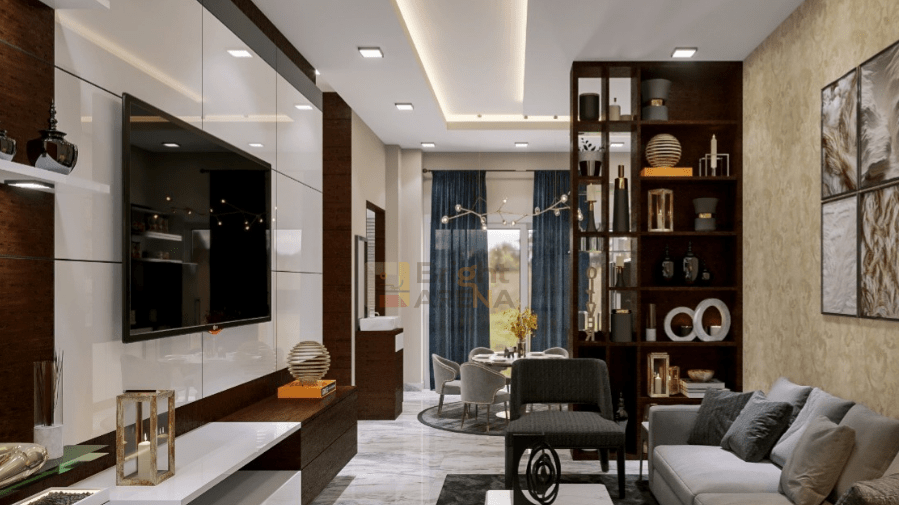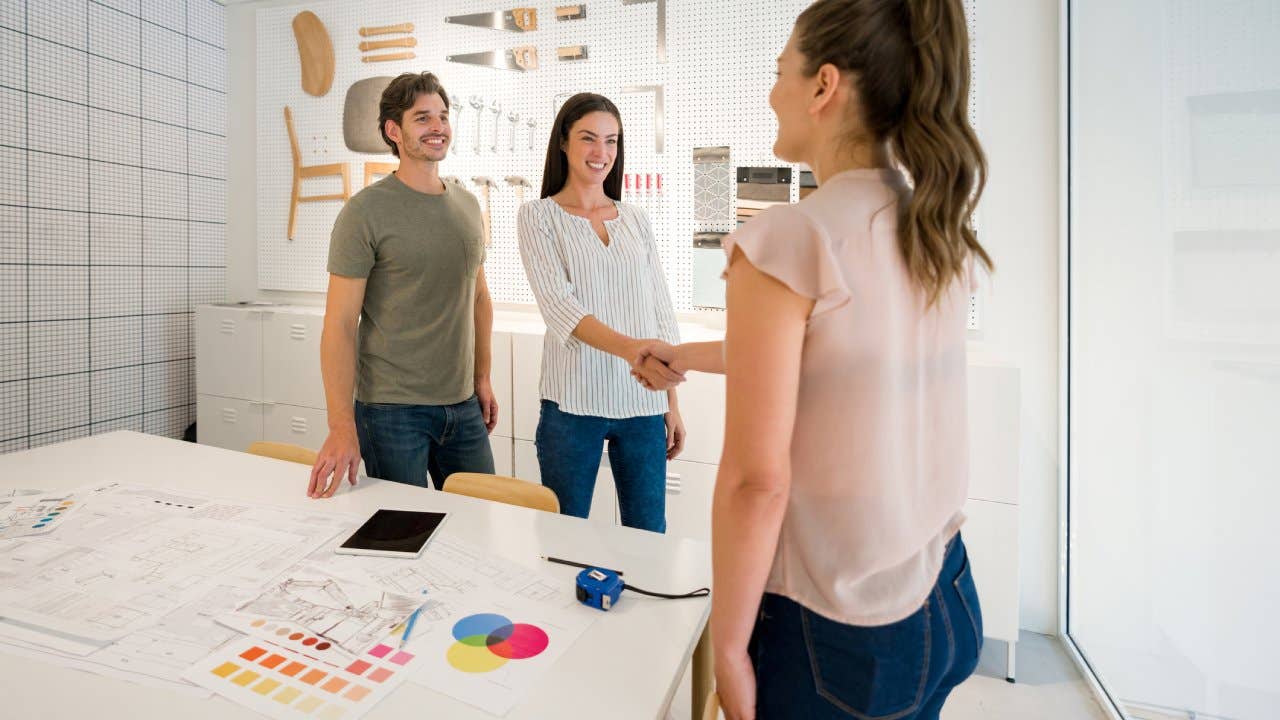
The Impact of Interior Design: Transforming Spaces and Lives
Interior design is far more than just aesthetics and creating beautiful spaces. It is a multifaceted art that has a profound impact on our daily lives, transforming both the physical environments we inhabit and the way we experience them. In this blog, we’ll explore the powerful influence of a specialised interior designer in cheshire and how it can elevate the quality of our spaces and the well-being of those who dwell within them.
Table of Contents
Creating Functional and Purposeful Spaces
Effective interior design begins with a deep understanding of the purpose of a space. It involves making spaces not only aesthetically pleasing but also functional. Every element, from furniture placement to lighting choices, serves a purpose and contributes to the overall functionality of the room. This purpose-driven design can enhance the way we live and work in our spaces.
Aesthetic Appeal and Emotional Well-Being
At its core, interior design is about creating visually pleasing environments. Aesthetically pleasing spaces can have a direct impact on our emotional well-being. A well-designed space can inspire, uplift, and evoke positive emotions, making us feel more comfortable, content, and at peace. In contrast, chaotic or unattractive spaces can contribute to stress and discomfort.
Efficiency and Productivity
In commercial and office spaces, interior design plays a crucial role in enhancing efficiency and productivity. A well-designed workspace can optimise the layout for specific tasks, improve traffic flow, and provide ergonomic solutions, ultimately leading to increased productivity and job satisfaction.
Comfort and Livability
Comfort is a fundamental aspect of interior design. Properly selected furniture, lighting, and temperature control can significantly impact our comfort levels. Elements such as cozy seating, ample natural light, and effective climate control contribute to the overall livability of a space, whether it’s a home, office, or public area.
Creating a Sense of Identity and Character
Interior design can be a powerful tool for expressing one’s identity and character. Personalised spaces reflect the personality and preferences of their occupants, making them feel more connected to their environment. It’s a way of telling a story, whether through the choice of colours, decor, or the arrangement of furniture.

Enhancing Accessibility and Inclusivity
Interior design also has a role in making spaces more accessible and inclusive. Thoughtful design considerations can accommodate individuals with various needs, such as wheelchair users, seniors, and those with sensory sensitivities. By doing so, interior designers contribute to a more equitable and welcoming society.
Optimizing Design Visualization: Outsourced 2D & 3D Floor Plan Conversion
Interior design’s transformative impact meets efficiency through outsourcing 2D and 3D floor plan conversion. By leveraging outsourced expertise, designers can translate concepts into precise visualizations, optimizing spatial arrangements. This process streamlines communication, enabling seamless execution of design visions, ultimately enhancing spaces and positively impacting inhabitants’ lives.
Sustainability and Eco-Friendliness
In recent years, interior design has embraced sustainability and eco-friendliness. Sustainable design practices reduce the environmental impact of interior spaces, promoting healthier living conditions and responsible resource use. Environmentally conscious design choices help conserve resources and minimise waste.
Promoting Social Interaction
The layout and design of social spaces play a critical role in promoting interaction and engagement among individuals. Interior designers can create inviting common areas in homes, offices, and public spaces that encourage socialisation and collaboration.
A Positive Impact on Health and Well-Being
Well-planned interior design can have a direct impact on our physical health. Proper lighting, ventilation, and ergonomic furniture choices can lead to improved health outcomes, reduced stress, and enhanced overall well-being.
Interior design is a powerful and multifaceted discipline that goes beyond aesthetics. It touches every aspect of our lives, from our homes to our workplaces, and it can have a profound impact on our emotional, physical, and psychological well-being. It’s about creating spaces that not only look beautiful but also function effectively and enhance the quality of our lives. The work of interior designers ultimately transforms spaces and has the potential to positively transform lives.



